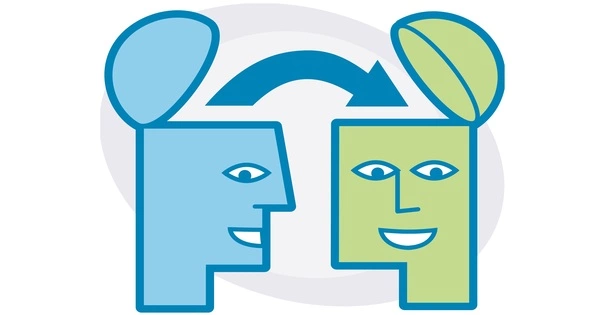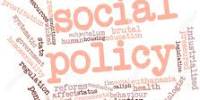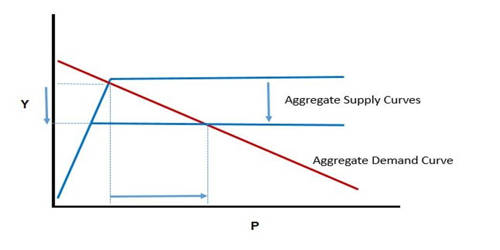The activities involved in moving research from the laboratory, the research journal, and the academic conference into the hands of people and organizations who can put it to practical use are referred to as knowledge translation (KT). It is the process of making research findings, often from scientific or academic studies, accessible and applicable to a broader audience, with the goal of improving decision-making and practice.
Knowledge translation is most commonly used in the medical, nursing, pharmaceutical, rehabilitation, physical therapy, and public health fields. It seeks to bridge the gap between research and real-world application, ensuring that valuable research knowledge is effectively applied to benefit society.
The “practical user” may be a medical doctor, a nurse, a teacher, a school administrator, an occupational or physical therapist, a legislator, an epidemiologist, a community health worker, or a parent, depending on the type of research being translated. KT is not a single action, but rather a set of activities that vary depending on the type of research, the time frame, and the audience being targeted.
Key components of knowledge translation include:
- Knowledge Generation: This is the first stage of research to generate new knowledge or evidence. Scientific studies, clinical trials, surveys, and other research methods are examples of this.
- Knowledge Synthesis: Following the completion of research, the findings are frequently synthesized and summarized in a way that is understandable to a broader audience. Creating plain-language summaries or visual aids to convey complex information could be part of this.
- Knowledge Transfer: This entails making the synthesized knowledge accessible to the intended audience. This can be accomplished through a variety of means, including publications, reports, conferences, and online platforms.
- Knowledge Exchange: Two-way communication is crucial in knowledge translation. It’s not just about pushing information out, but also actively engaging with the audience to understand their needs and gather feedback. This can involve dialogues, discussions, and forums for interaction.
- Knowledge Application: The ultimate goal of knowledge translation is to ensure that the research findings are applied in practice. This might involve policy changes, changes in clinical guidelines, or changes in everyday practices based on the new knowledge.
For knowledge translation, there are various models and frameworks available, such as the Knowledge-to-Action (KTA) Framework, which provides a step-by-step process for moving from knowledge creation to action. The specific strategies and methods used in knowledge translation can differ depending on the context and audience, whether they are healthcare professionals, policymakers, educators, or members of the general public.
Knowledge translation is especially important in fields such as healthcare, where research findings can have a direct impact on patient care and outcomes. However, it is also applicable in a variety of other fields, such as education, environmental science, and public policy, where research can inform decision-making and drive positive change.
















